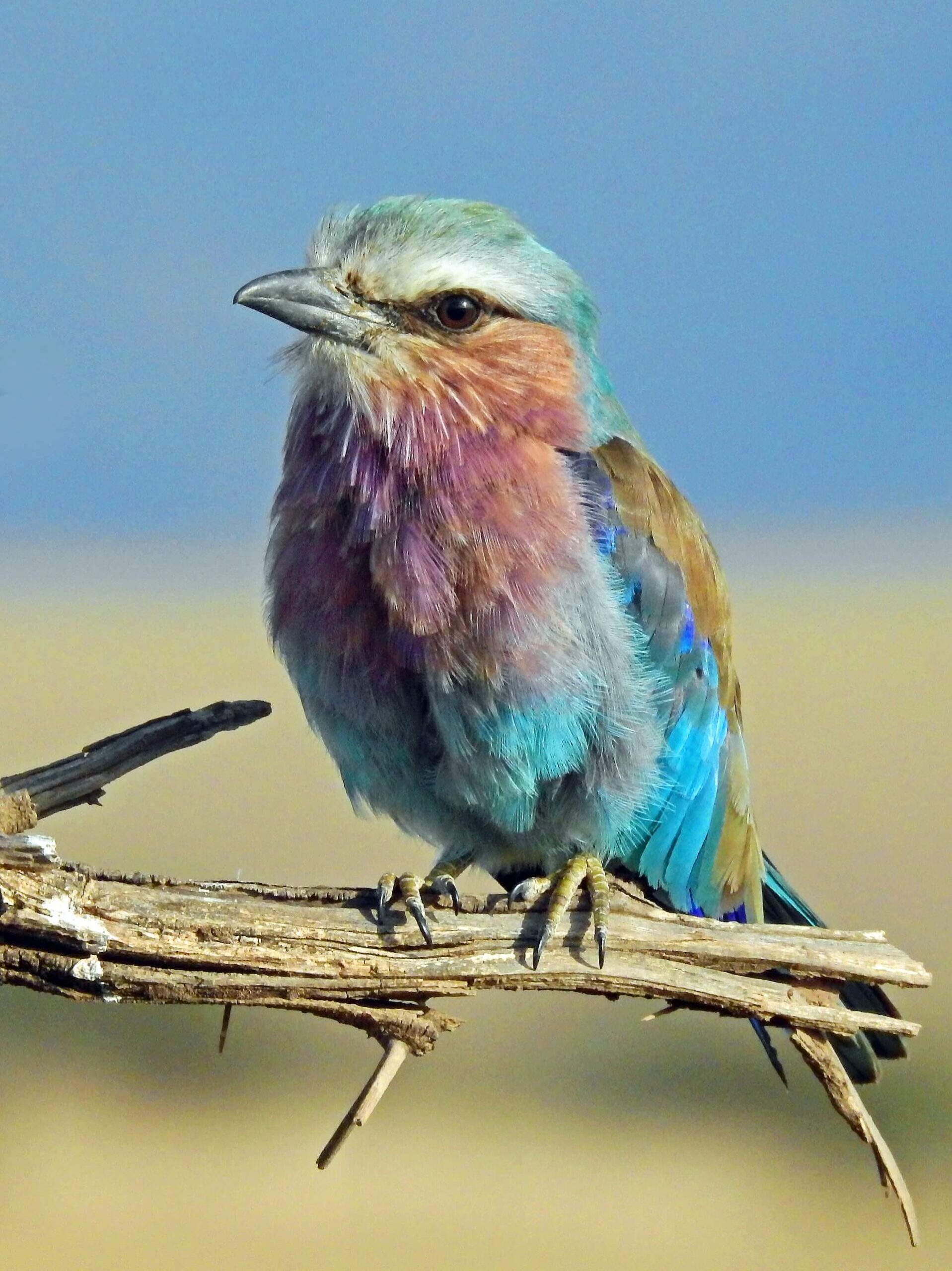Breeding pet birds is a fascinating and rewarding hobby that allows enthusiasts to witness the miracle of life and contribute to the preservation of various avian species. Whether you’re an experienced bird keeper looking to expand your flock or a beginner interested in taking on the responsibility of raising birds, this guide will provide you with essential insights into the world of bird breeding.
Getting Started with Bird Breeding
Before embarking on the journey of breeding pet birds, it’s crucial to educate yourself thoroughly. Here are the initial steps to consider:
1. Choose the Right Bird Species:
- Start by selecting the species you want to breed. Consider factors such as your experience level, available space, and local regulations. Some popular pet bird species for breeding include budgerigars, cockatiels, lovebirds, and canaries.
2. Study Avian Behavior:
- Understanding the behavior, biology, and natural habitat of your chosen bird species is essential. This knowledge will help you create a suitable environment for breeding and raising chicks.
3. Prepare Adequate Housing:
- Provide your birds with a spacious and comfortable living environment. Depending on the species, this may include cages, aviaries, or nest boxes. Ensure that the housing is clean and safe.
4. Balanced Diet:
- A nutritious diet is crucial for the health of your breeding birds and their offspring. Consult with avian experts or veterinarians to determine the best diet for your specific species.
5. Health Check-Up:
- Before introducing birds for breeding, ensure that they are in optimal health. Schedule a vet check-up to rule out any underlying medical issues.
The Breeding Process
Once you’ve prepared your birds and their environment, it’s time to initiate the breeding process:
1. Courtship and Pairing:
- Depending on the species, some birds may form monogamous pairs, while others may engage in elaborate courtship rituals. Observe their behavior and ensure that you have a compatible male and female.
2. Nesting and Egg-Laying:
- Provide appropriate nesting materials and nest boxes for your birds. Once the pair is ready, the female will lay eggs, which she will incubate.
3. Incubation and Hatching:
- Some bird species require specific temperature and humidity conditions for successful incubation. In some cases, you may need to assist with hand-feeding chicks if the parents are inexperienced or neglectful.
4. Chick Care:
- Newly hatched chicks are fragile and require careful attention. Keep the nest area clean, provide appropriate food, and monitor the chicks’ health closely.
5. Weaning:
- As the chicks grow, they will gradually transition from a diet of regurgitated food from their parents to solid food. This process is known as weaning.
Challenges and Considerations
Breeding pet birds can be both rewarding and challenging. Here are some factors to keep in mind:
1. Genetics and Health:
- Breeding birds should be selected based on their genetic health and lineage to avoid passing on hereditary diseases or deformities.
2. Hand-Rearing:
- Hand-rearing chicks can be a demanding task that requires time and attention. It’s essential to research and be prepared for this responsibility.
3. Ethical Considerations:
- Consider the ethics of breeding birds. Avoid overbreeding or contributing to the overpopulation of certain species. Always prioritize the welfare of the birds.
4. Legal Regulations:
- Familiarize yourself with local and international regulations regarding the breeding and sale of pet birds. Compliance with these laws is essential.
5. Veterinary Care:
- Regular veterinary check-ups for your breeding birds and their offspring are crucial to maintain their health.
Finding Homes for Chicks
As you successfully breed birds, you’ll need to find responsible and caring homes for the offspring. Consider these options:
1. Pet Stores:
- Some pet stores may be willing to purchase or consign your birds, but ensure that they meet ethical standards for animal care.
2. Local Bird Clubs:
- Joining a local bird club or aviary society can connect you with fellow enthusiasts who may be interested in acquiring your birds.
3. Online Communities:
- Utilize online platforms and forums dedicated to bird enthusiasts. However, exercise caution and ensure the well-being of the birds in potential buyers’ hands.
4. Personal Connections:
- Referrals and personal connections within the bird-keeping community can lead to responsible homes for your birds.
Conclusion
Breeding pet birds is a labor of love that requires dedication, knowledge, and a genuine commitment to the well-being of these avian companions. As you embark on this journey, remember that responsible breeding practices and ethical considerations should always be at the forefront of your efforts. With the right information and care, you can contribute positively to the avian world while enjoying the joy and wonder of raising pet birds.



